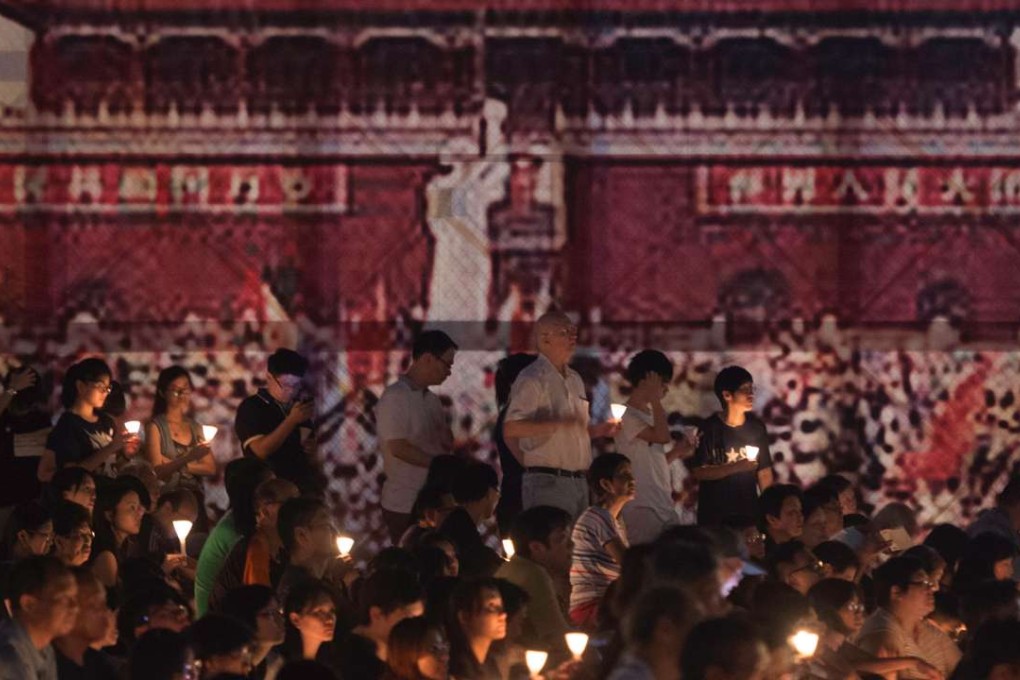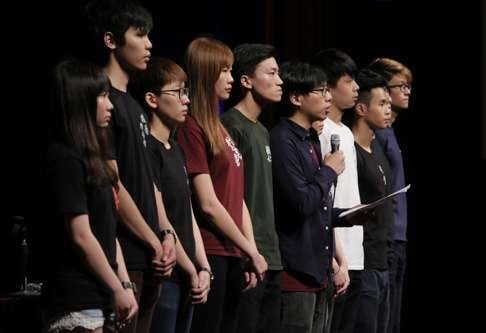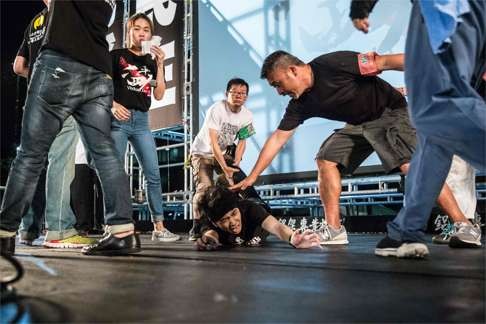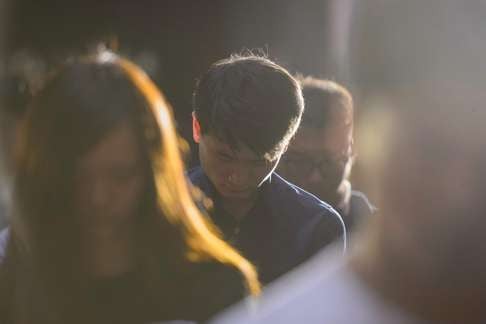June 4 rallies reveal deep divisions in Hong Kong
Sonny Lo considers the radically different views among groups of Hongkongers towards both the Tiananmen crackdown 27 years ago, and Hong Kong’s relationship with mainland China today

The ways in which Hongkongers dealt with the commemoration of the June 4 incident this year revealed an unprecedented plurality of identity. Although people identify themselves culturally as Chinese, their political attitudes towards China and Hong Kong are very different and fragmented.
Annual June 4 vigil now seen as a reminder of what it means to be Chinese
First and foremost, those who participated in the candlelight vigil at Victoria Park not only see themselves as culturally Chinese and/or Hongkongers, they also hope for a democratic China. They believe a democratic China will bring about democratic change in Hong Kong, while Hong Kong’s democratisation can facilitate political change across the border. To them, the June 4 commemoration is necessary because it represents not just an unforgettable memory but also a hope that the mainland regime will one day admit its mistake 27 years ago. They see Hong Kong as an indispensable part of China, and wish to see a democratic Greater China composed of the mainland, Hong Kong, Taiwan and Macau.
Sea of candles in Hong Kong at June 4 vigil despite boycott calls

Alternative June 4 events around Hong Kong call for change of approach
In contrast to those who participated in the candlelight vigil, those who joined the seminars and talks at both the Chinese University of Hong Kong and the University of Hong Kong are the new localists who argue that the people of Hong Kong should focus on the future of the city instead of hoping for China’s democratisation. These mainly young people have a very different image of China, seeing it as politically retrogressive and regard Hong Kong’s future as a matter of “self-determination”.
Their definition of ‘self-determination’ is broad and ambiguous
Yet, their definition of “self-determination” is broad and ambiguous; they say the people of Hong Kong should have a real say in how the special administrative region is run, especially after 2047. In this respect, many young people, stimulated by the failure of the 2014 Occupy Central movement, have become more inward-looking, in the sense that they are far more interested in Hong Kong’s democratic change than China’s transformation. They also reject the “ritualistic ceremony” in Victoria Park. However, they do not equate “self-determination” with “independence”. What they mean is that Hong Kong people should decide their future after 2047, in consultation not just with Beijing but also the Hong Kong government.

Why talk of an independent Hong Kong fails the test of reality
Then there are those who participated in the Tsim Sha Tsui rally. Led by legislator Wong Yuk-man and other localists, they detest the compromise that allowed the government’s Legislative Council reform to pass in 2010. They are diehard localists who reject any dialogue with mainland officials over Hong Kong’s future.
The fourth group are those who call for independence. They are a tiny minority. Indeed, they even argue that the city’s political fate should be separate from the mainland’s – a position that is idealistic and ahistorical. Those activists who protested in Victoria Park against the mainstream democrats calling for democratic change in China and Hong Kong represent this fragment of pro-Hong-Kong radicals.
The fifth type are pro-Beijjng loyalists and patriots who see the June 4 commemoration as politically unnecessary, held by a minority of Hongkongers. They identify themselves both culturally and politically with mainland China.
